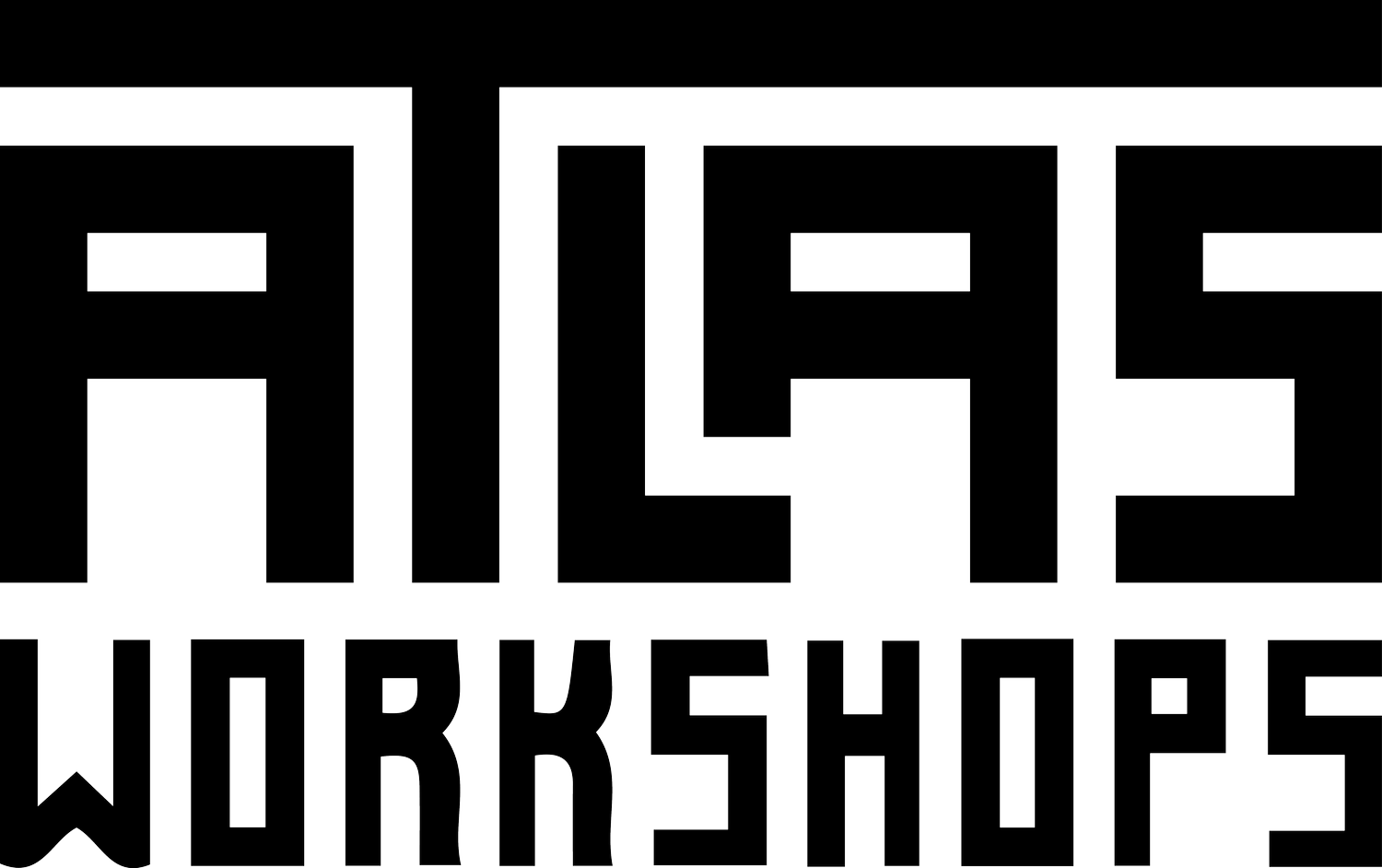Building Global Understanding Through Virtual Connections
From July 13-July 17, Atlas Workshops organized a week-long virtual summer program that offered a diverse range of opportunities to reflect on the current global situation and discuss the future of borders in our changing world.
The continuous spread of the coronavirus across the world has made us question the realities of globalization and the importance of global citizenship. We have often wondered about issues around migration, identity, and culture as a team, and realized these questions were especially important this summer.
The pandemic also left many students with cancelled travel experiences and limited summer program choices. As part of our mission to foster global engagement and inspire curiosity, we created a virtual space for high school students to hear from experts and discuss opinions while working on a collaborative project analyzing the future of borders in our world.
Students joined the project with some preconceived ideas about borders, but our discussions made us all rethink what borders truly mean. We interviewed two student participants, Rowena from California and Ayaan from India, to reflect and share some of the thoughts the program provoked. Here are some of their takeaways:
Borders are not just physical boundaries:
Our conversations on borders were complex. As Rowena explained, “Borders are often described as a territorial reality or geographical boundaries that separate groups of people from one another”. They serve to regulate the movement of people from one place to another. But while they are physiological and geographically placed, she always believed in borders being a “psychological state of mind”.
Borders are also mindsets:
Students highlighted that borders are not just a physical boundary, but a mindset. As Ayaan emphasized, a border “encapsulates the identity of a community” through the interaction of its members with other communities against which it is distinguished or wishes to distinguish itself. A border is represented not just by a line on the ground but also in the collective minds of citizens. It can be socially constructed, where people imagine themselves as part of a cultural or even digital community. In this regard, borders are only as strong as we believe them to be because individuals and communities transcend geographical borders.
Do we need borders?
For many of the students, the global pandemic heightened the importance of borders, especially as they serve to regulate and hold a nation accountable. Borders provided some order to allow countries to better assess how to tackle the pandemic. As Rowena explained: “Today, borders are still being used as legal and physical boundaries, but for a different reason: the pandemic. I used to think that borders weren’t necessary and that they should be taken away, but with the world in its current state due the pandemic, strengthening our borders and restricting travel to protect our citizens is the right thing to do... I think borders should only be used during times of crisis.”
Global citizenship
As cultures continue to globalize and global migration accelerates every year, cross-border issues extend beyond the authority of a single country. How should we navigate the challenges of global movement? How should we take care of ourselves and each other?
Ayaan discussed two ways in which we can all be global citizens: recognizing the global part of who we are and expanding our definition of community. As he put it: “ All of our lives have become globalized, whether through the internet, the way in which we’re impacted by the global economy, or even in our love of world art, music, food, and travel. We all have a part of us that is global and are now part of an emerging world community. By examining our own life and recognizing its global dimension, we will be able to find ways to celebrate our connection to our global community and reflect on how that affects our view of the world.”
Global connections through digital learning
While transitioning to digital learning can be challenging, this virtual experience gave students the opportunity to engage with other young people around the globe and broaden their understanding of the world. For Rowena, the whole experience aided in polishing her ideas and gave her a nuanced understanding of topics we discussed. “This program really showed me the importance of diversity in thoughts and promoted understanding and learning. It's all about understanding and listening to others.”
Moving forward
This short program was a launching point for a collaborative project and a platform to discuss contemporary global issues. It harnessed the opportunities of virtual learning to foster global engagement by connecting and opening dialogue with students across the globe. It also allowed them to adopt a project-based approach to frame conversations and encourage critical analysis and creative thinking. These unprecedented circumstances have given us the opportunity to break down barriers ourselves and promote curiosity and global collaboration in the face of an uncertain future.


